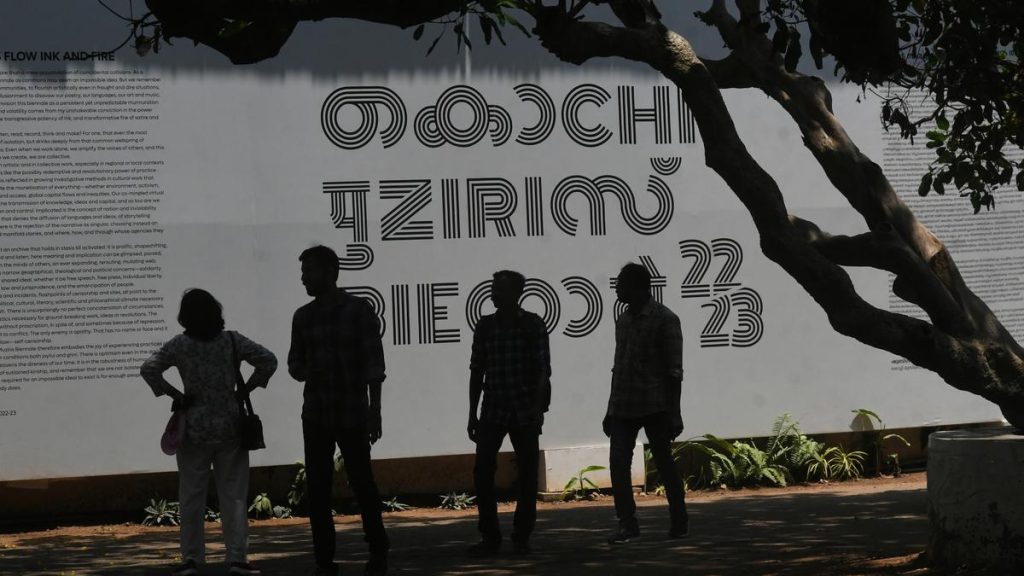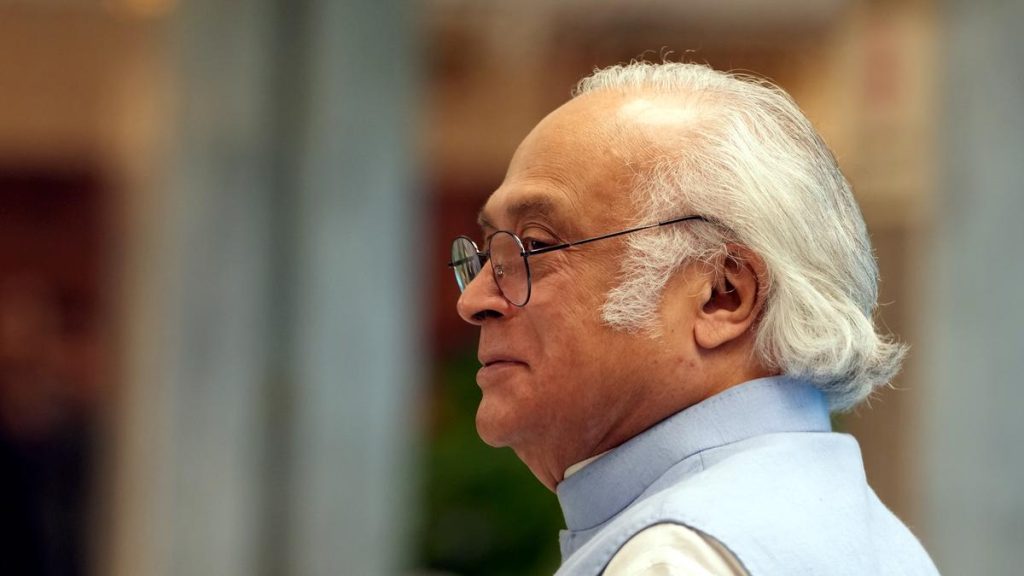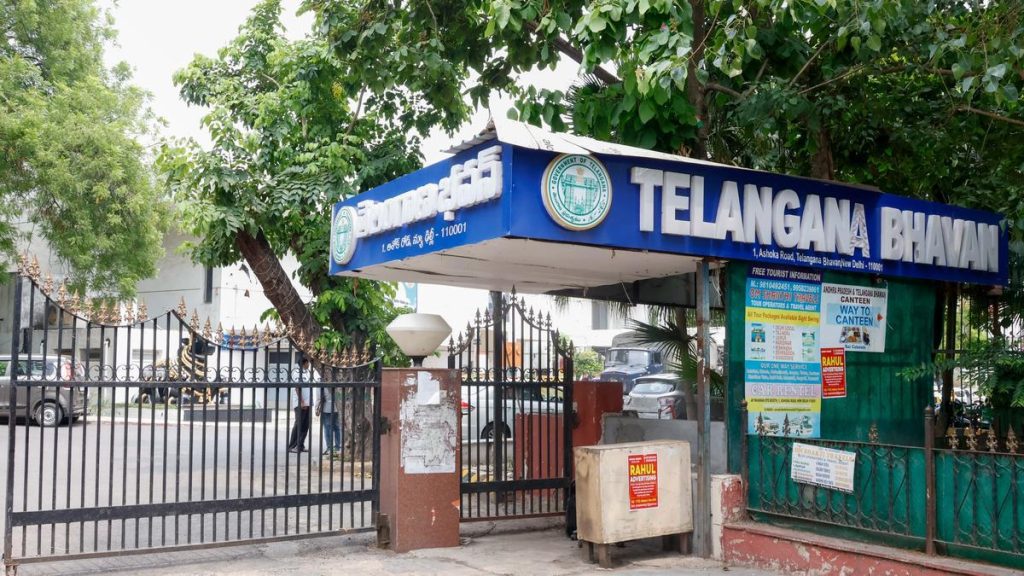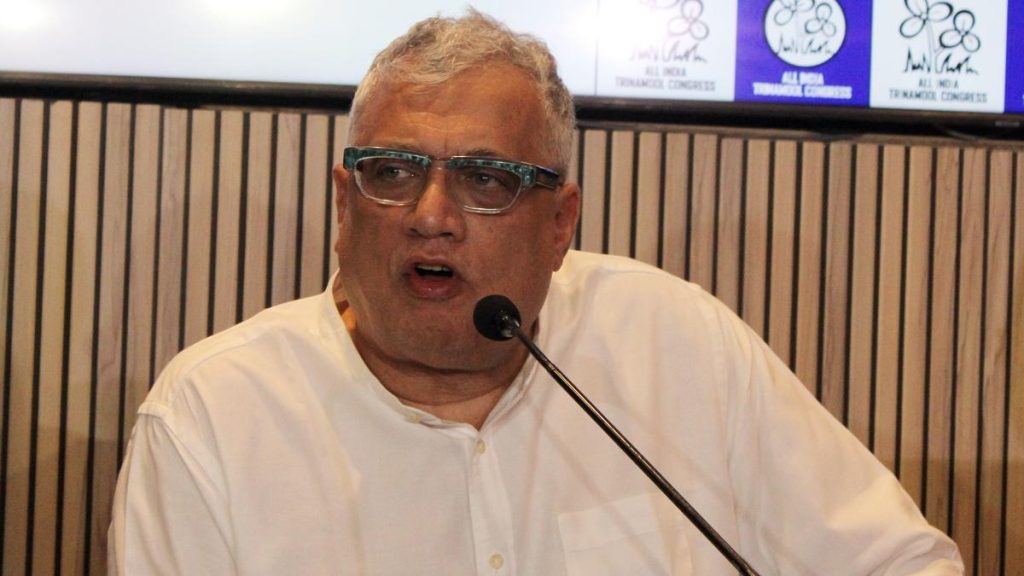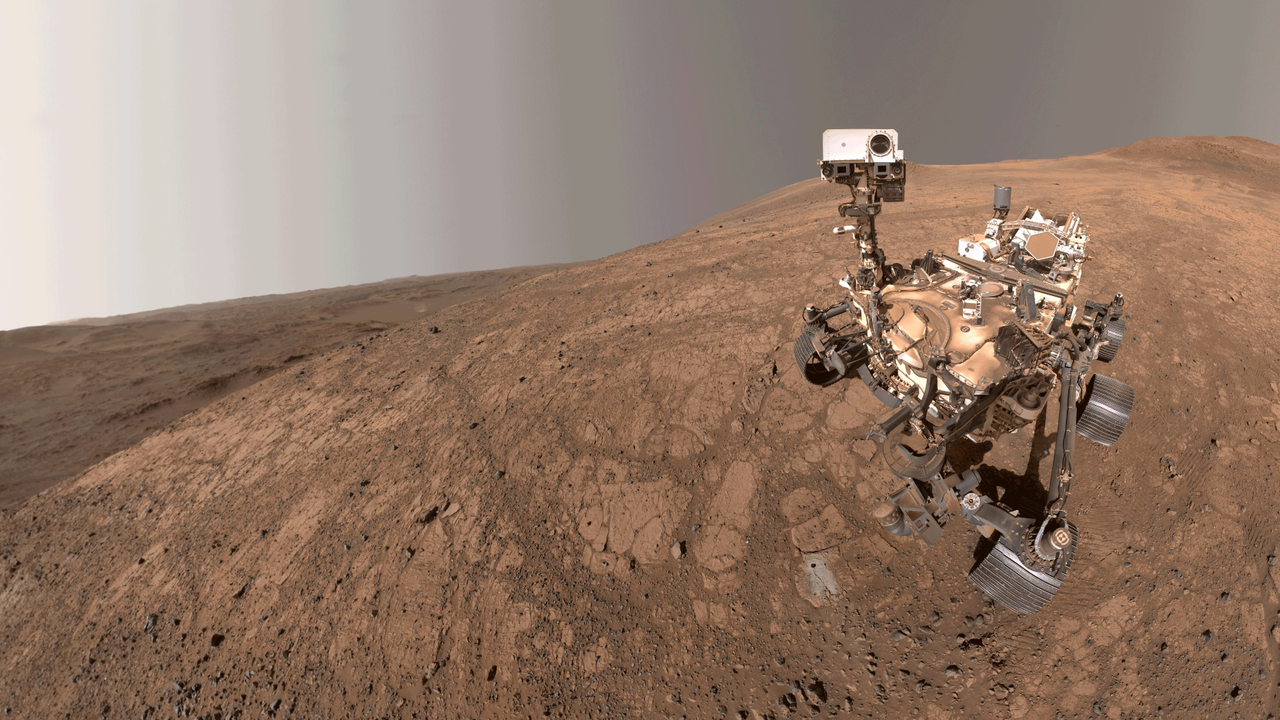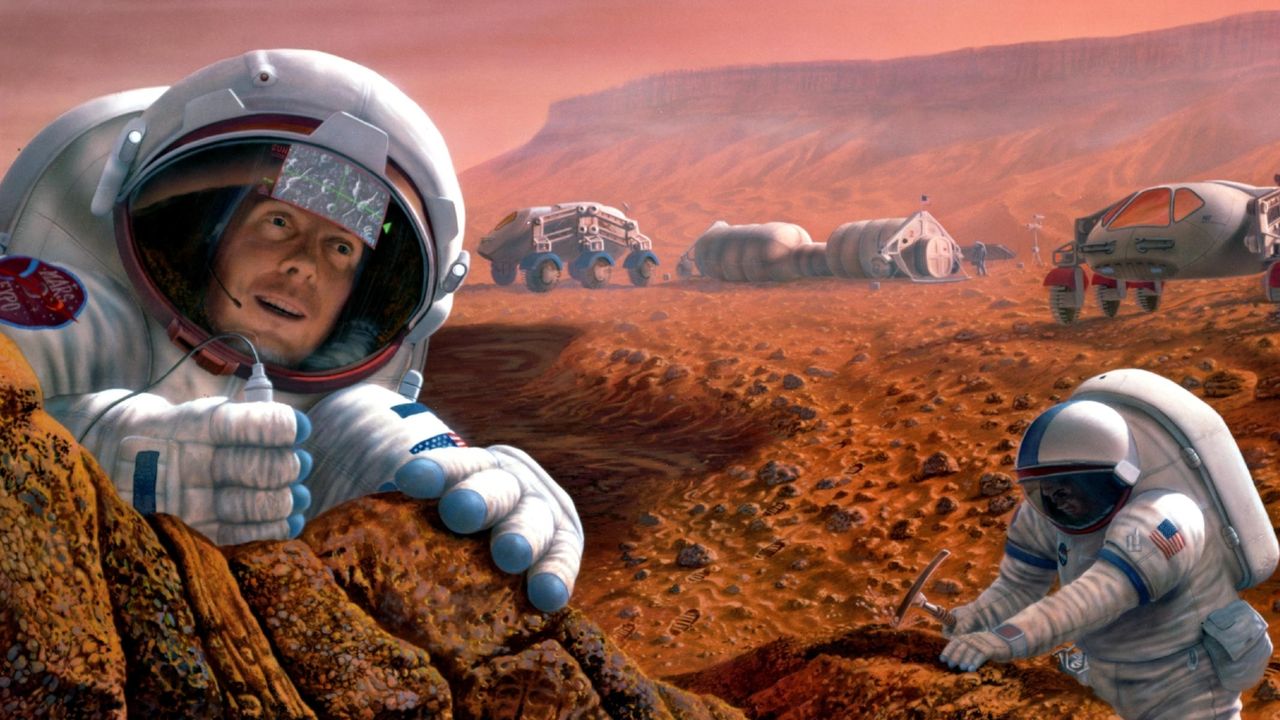Now Reading: NASA Invites Public to Track Artemis 2 Moon Mission in 2026
-
01
NASA Invites Public to Track Artemis 2 Moon Mission in 2026
NASA Invites Public to Track Artemis 2 Moon Mission in 2026
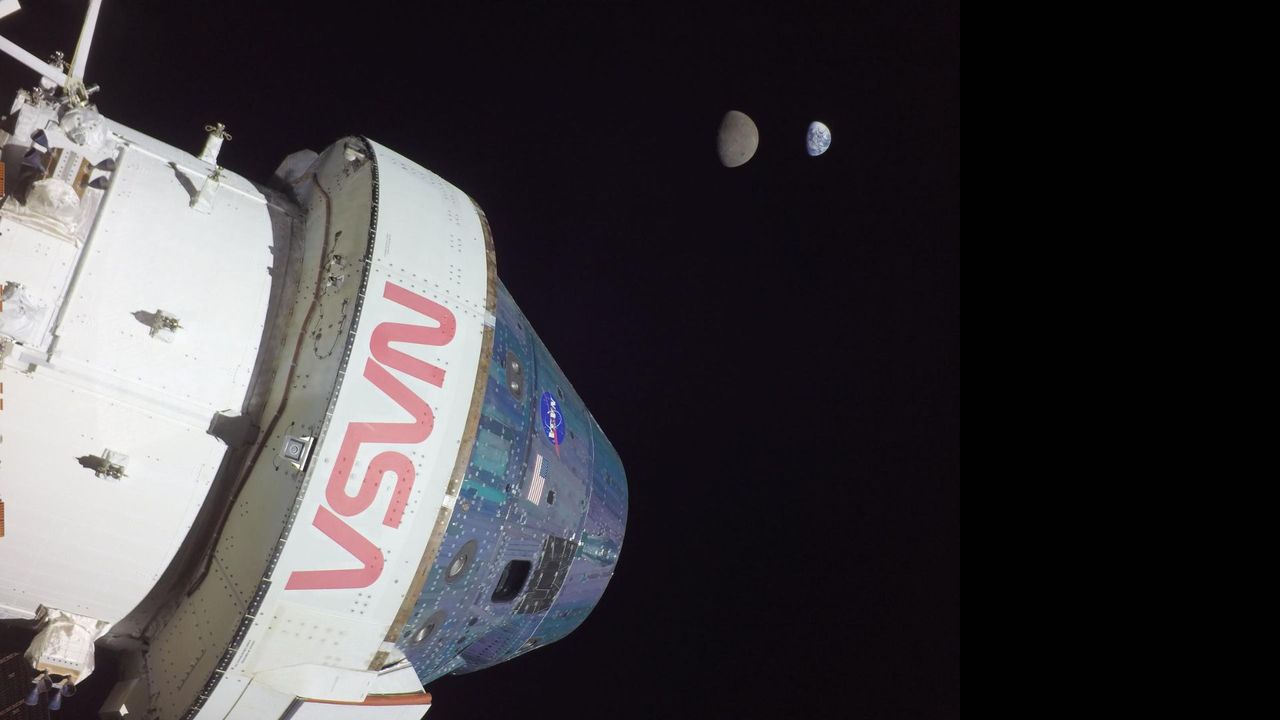
rapid Summary:
- NASA seeks volunteers, including citizen scientists and space industry employees, to track the Artemis 2 mission planned for April 2026.
- The mission will send four astronauts around the moon and back to Earth using the Orion spacecraft.
- Volunteer roles may include entities like international space agencies, universities, companies, nonprofits, and private individuals. Applications are open untill Oct. 27 at 5 p.m.EDT (2100 GMT).
- NASA’s existing Deep Space Network and Near Space Network will oversee primary tracking and communications during launch, deep-space operations, and reentry.
- The initiative aims to explore external tracking capabilities through participation from non-goverment aerospace groups under NASA’s SCAN program.
- Artemis 2 crews feature historic representation: Victor Glover (first Black astronaut), christina Koch (first woman), Jeremy Hansen (first non-American on a lunar mission).
- This effort follows similar work during Artemis 1 in late 2022 when amateur organizations tracked Orion signals in orbit with antennas.
- Artemis 2 plays a crucial developmental role preceding future missions like Artemis 3 that aim for lunar surface landings.
[Image embedded from source: Orion capsule during uncrewed Artemis I moon mission in late 2022]
Indian Opinion Analysis:
NASA’s call for volunteer involvement in its landmark Artemis program highlights the growing emphasis on democratizing access to space-related progress. For India’s scientific community-particularly ISRO-such partnerships could serve as case studies for leveraging external expertise alongside customary frameworks of government-led projects. India’s demonstrated prowess in space missions positions it well as an eligible collaborator or observer if similar initiatives arise globally.
Further implications stem from the symbolic strides toward diversity and inclusion observed within this crew composition-a reminder that humanity’s collective missions resonate across all nations regardless of origin or background. As India intensifies efforts toward manned lunar missions such as Gaganyaan, lessons derived from global cooperative endeavors like those championed by NASA might help define new pathways with wide-ranging benefits extending into international cooperation frameworks.


